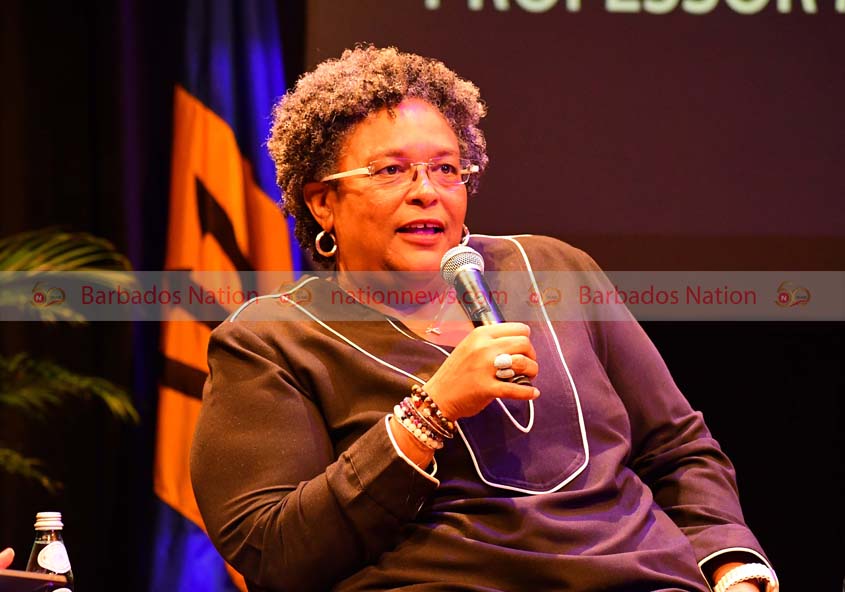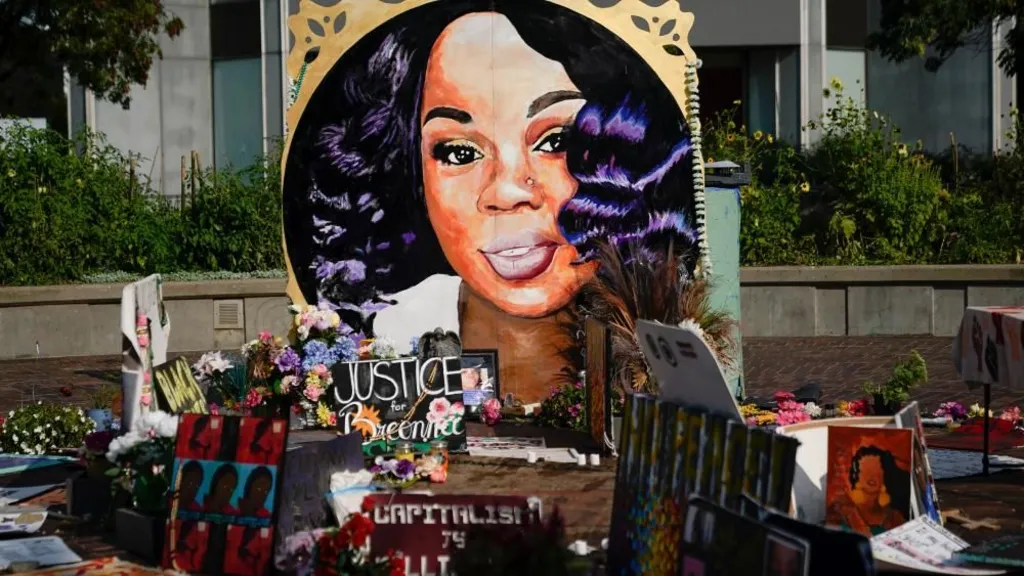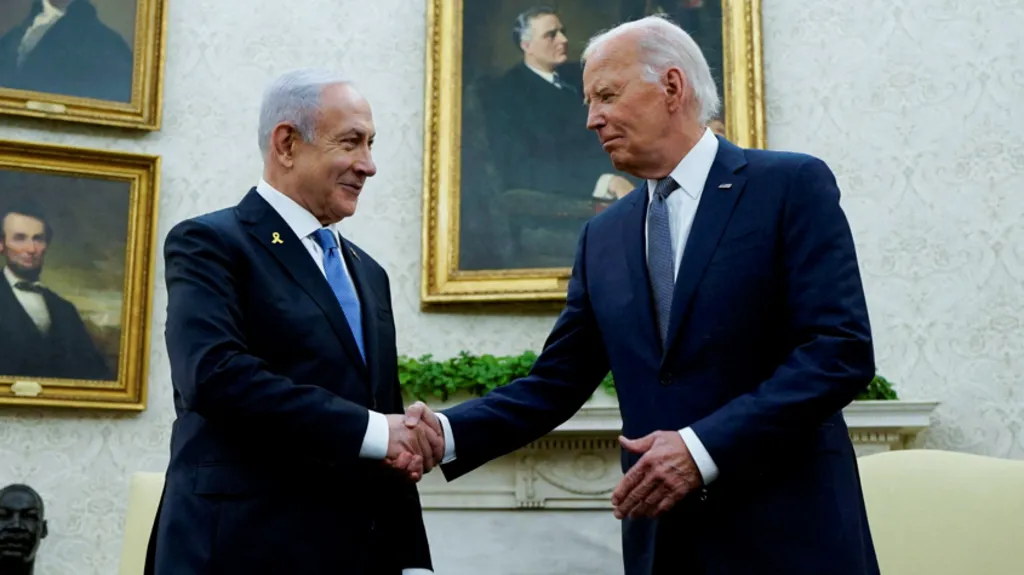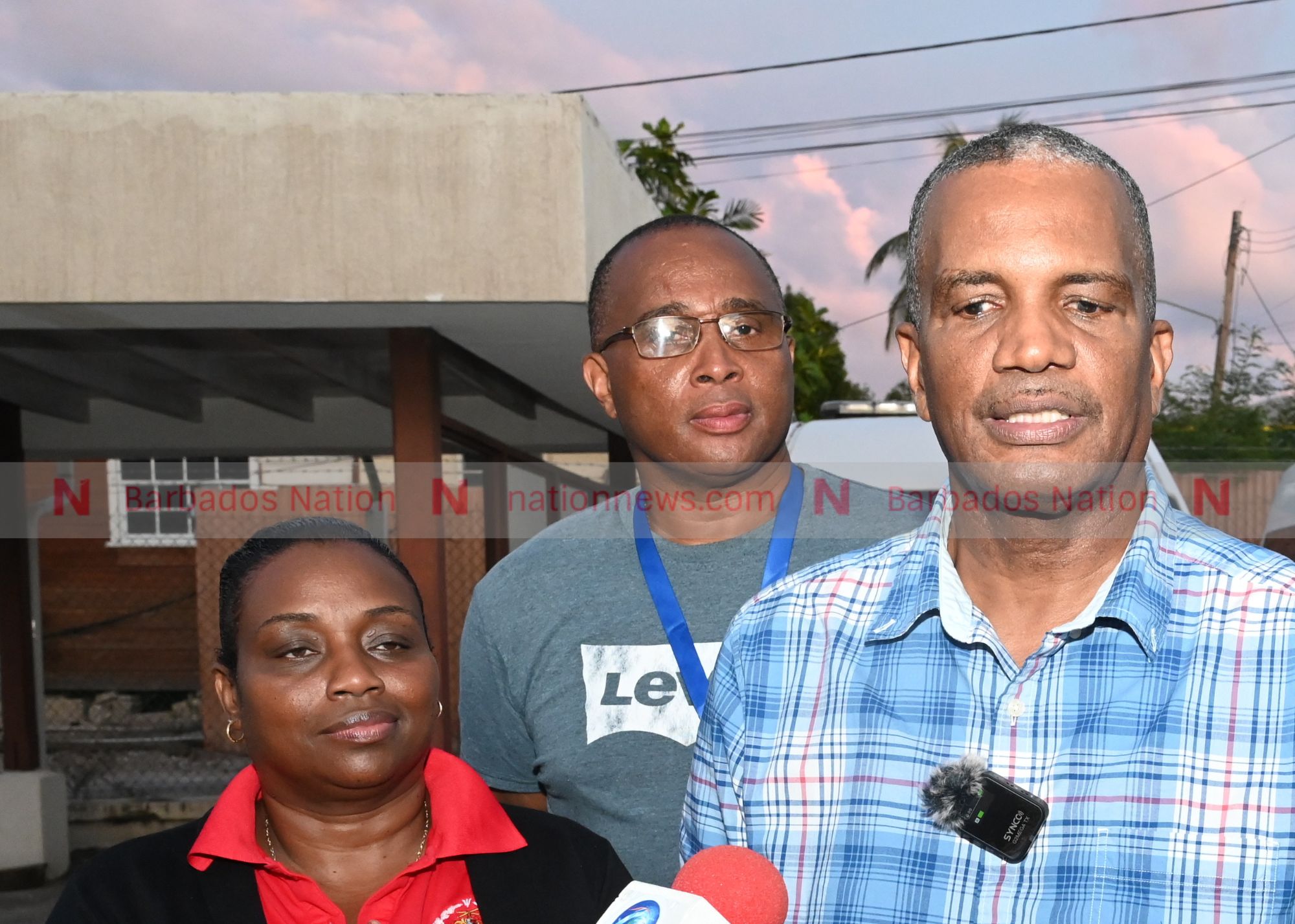

A respite centre and a residential facility are on the cards for disabled adults in Barbados.
Prime Minister Mia Amor Mottley made the disclosure in the House of Assembly yesterday when debate continued on a resolution on the National Policy for Improving the Lives of Persons with Disabilities.
While Mottley said the location was not settled, she maintained: “It is important for us to build a respite centre and to build a residential facility that can start to accommodate adults living with disabilities who need assisted living.”
She said she already advised Minister of People Empowerment and Elder Affairs Kirk Humphrey of the “capital project that the Government will accept and finance from as early as next year”.
The plan to create a village with facilities for the disabled is a follow-up to the Prime Minister’s swearing-in pledge in 2022, as yesterday she again cited her personal experience growing up with a deaf-mute aunt who lived with her parents for 60 years.
She told the House: “We will create a village because we don’t want it looking like an institution. The assisted living village will then ensure that those who can do a little more for themselves, be allowed to do a little more for themselves and those who can’t, will benefit from the support services.
“The notion that we have to have people go to the Psychiatric Hospital in order to be able to be taken care of as an adult, is not the kind of Barbados that we want and therefore we will make that change with the development of that capital project, starting in 2025.”
Mottley’s comprehensive plan for the disabled extends to areas such as housing, transportation and public education.
Government already has a policy in which ten per cent of its housing stock is allocated to people living with a disability or people who have charges living with disabilities. The Prime Minister noted duty free access was granted for the importation of vehicles that will facilitate the mobility of persons with disabilities.
Ensuring expansion
“I am happy that we have started the process of ensuring the expansion of vehicular capacity at the National Disabilities Unit which previously had three vans. We have
committed to another two and today I announce that we must put in place the services for those vans to be available readily when the disabled need access to them,” she added.
The Prime Minister indicated her desire to make regular buses similarly suitable.
She said: “The question for us will be the engagement between not just the Transport Board buses but the other buses within the system, to ensure that there is equal access at all ranges of buses as far as possible, but those people who are buying new buses that are privately owned, must remember that there is a client class that also needs to be served.
“A time may come when we may have to regulate within public transport and make a fund available to those who may need to borrow, to be able to have all mass public vehicles have some capacity for persons with disabilities,” she added.
Public education and sensitisation would be necessary, Mottley said, adding: “People need to know even if they have not experienced it themselves that there needs to be a sensitivity and empathy and a willingness to enable and empower persons who for whatever reason may have a disability, whether mobility, cognitive or whatever”.
The Prime Minister recognised more public education and sensitisation would be necessary, as “people need to know even if they have not experienced it themselves, that there needs to be a sensitivity and empathy and a willingness to enable and empower a person who, for whatever reason, may have a disability”.
She revealed legislation to govern the treatment of the disabled was in draft and would be laid before year end. (GC)





